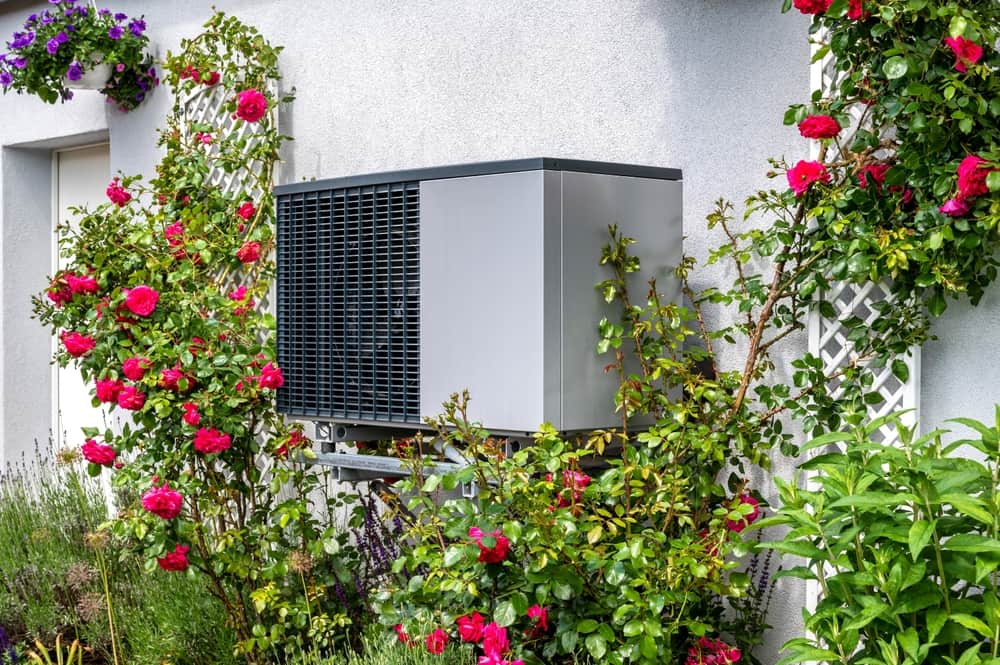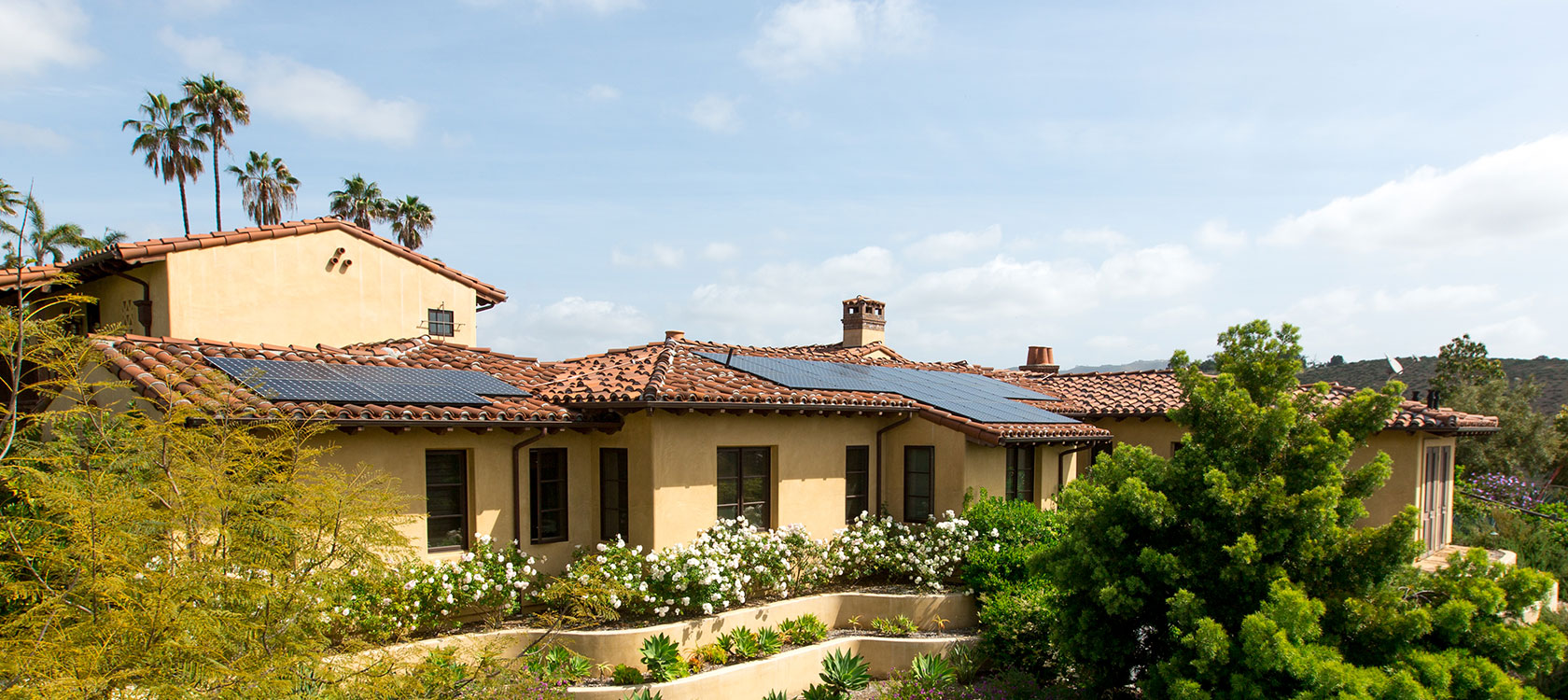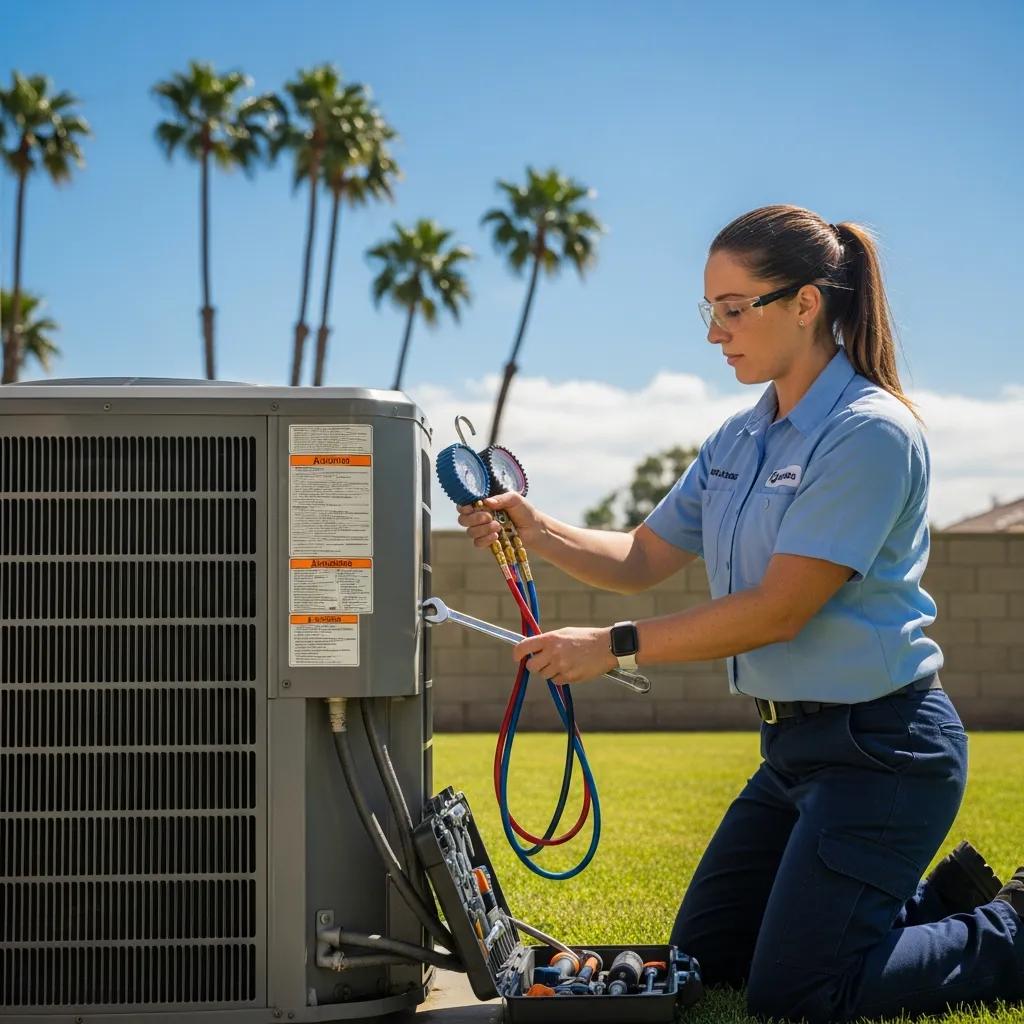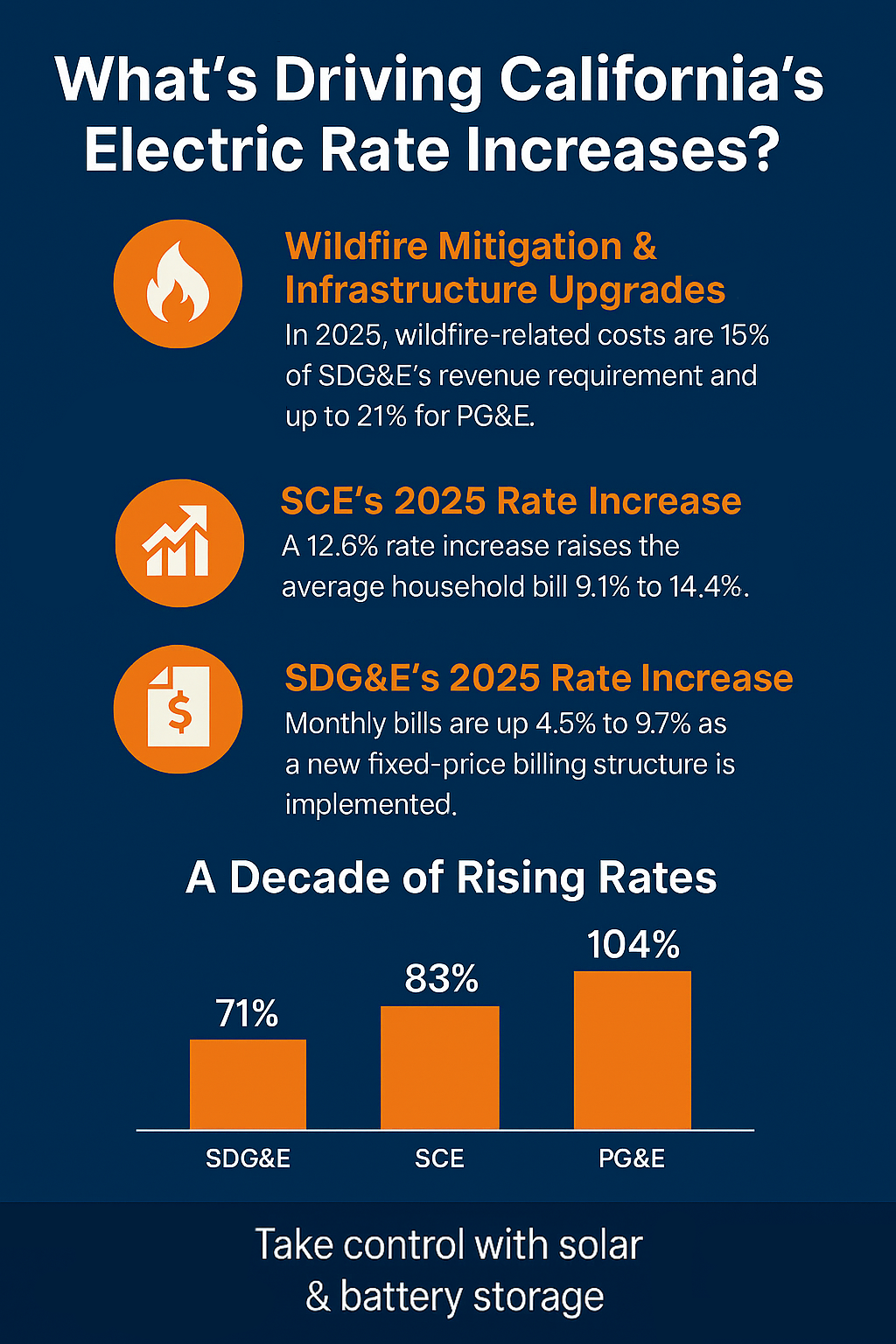
Heat pumps are known for being energy-efficient because they consume less electricity than conventional propane, electric, or oil heating systems. Heat pumps do not generate heat by converting it from fuel. Instead, they simply transfer or redistribute heat from the air or ground to address your home’s heating and cooling requirements. A heat pump can transfer as much as 300 percent more energy than the electricity required to power it.
Though initial costs of purchasing and installing a heat pump can be high, over the long run it is far less expensive to operate than a traditional furnace. This blog post discusses the factors influencing heat pump costs and why you should partner with a trusted HVAC professional to get the best value for your money.
Factors Influencing Heat Pump Costs
The total cost of a heat pump includes the equipment and installation charges. The following factors influence the total cost of purchasing and installing a heat pump.
Type
The type of heat pump you select—referring to the power source, output, and configuration—greatly influences the price and installation charges. For example, a ductless or mini-split heat pump can cost anywhere from $1,300 to $8,000 and beyond. Such heat pumps provide zoned heating and cooling with one outdoor condenser matched to one indoor head.
The cost of basic single-zone units can run anywhere between $700 to $2,200. Multi-zone units have two or more indoor coils connected to the outdoor condenser and cost up to $13,000. Split systems are usually pricier than packaged heat pump systems. Compared to air-source heat pumps, the costs of geothermal and solar heat pumps are on the higher end of the price range.
Size and Capacity
It is critical to select a heat pump in the right size to meet your home’s heating and cooling needs efficiently and run sustainably. In addition to regional weather, architectural factors such as floor area, layout, high ceilings, and window placement should be considered when calculating a heat pump’s load capacity. Heat pumps with higher capacities are obviously pricier. The total costs associated with a 2-ton heat pump are anywhere between $3,000 to $5,000, while a 5-ton heat pump costs more than $8,000. But if you try to cut costs by installing a lower-capacity heat pump that’s too small for your needs, it will run constantly, eventually eating up your energy savings and increasing your utility bills.
Efficiency Rating
The higher the heating season performance factor (HSPF) and seasonal energy efficiency ratio (SEER) ratings, the higher the cost of the heat pump unit. Some highly efficient heat pumps have an HSPF rating of 10 and SEER ratings up to 20.5. The price of systems with even higher HSPF (10+) and SEER (19+) ratings ranges between $3,000 to $4,000.
Brand
High-quality heat pump models and brands have additional features like demand-defrost control, scroll compressors, variable speed motors, and backup heat. Such models also come with extended and more robust warranty protection, making them more expensive than the basic models.
Permits
A Mechanical, Electrical, and Plumbing Engineering (MEP) permit is usually required for heat pump installation in California. Skipping the permitting process can lead to fines and penalties, and may also compromise your insurance rates and coverage. Permit fees vary depending on your township or city. Apart from permit costs for heat pump installation, you will also need to pay for a third-party post-installation duct audit.
Installation Charges
Installing geothermal heat pumps is labor-intensive because it requires extensive excavation and ductwork modifications. The installation of solar heat pumps is also costly, as it requires installing solar panels and connecting them to the heat pump system. For air-source heat pumps, installations that require additional ductwork means greater expenses.
The California Energy Commission has approved the first building code in the U.S. that emphasizes highly efficient electric heat pumps as a baseline technology. When the code goes into effect in January 2023, most new homes and buildings will be subject to a gas-free mandate, and install highly efficient heat pumps instead of gas furnaces. The code would also stall the installation of any new gas furnace in residential homes and buildings. For homeowners in SoCal, the sooner you install a heat pump, the better.
Partnering with An HVAC Professional for Heat Pump Installation
Switching to heat pumps is a significant investment and you need a trusted HVAC expert to ensure you have the right-sized system and that it’s installed properly. At Baker Home Energy, we understand your concerns about heat pump costs, installation, and repairs. As a team of experienced HVAC experts, we have been providing clean energy solutions to the southern California region for over 15 years. Our licensed technicians assess your home’s heating and cooling needs, recommend the right-sized unit, advise financing options, provide a hassle-free installation, and take care of maintenance and repairs. We are committed to keeping your family comfortable throughout the year while helping you save energy costs.




